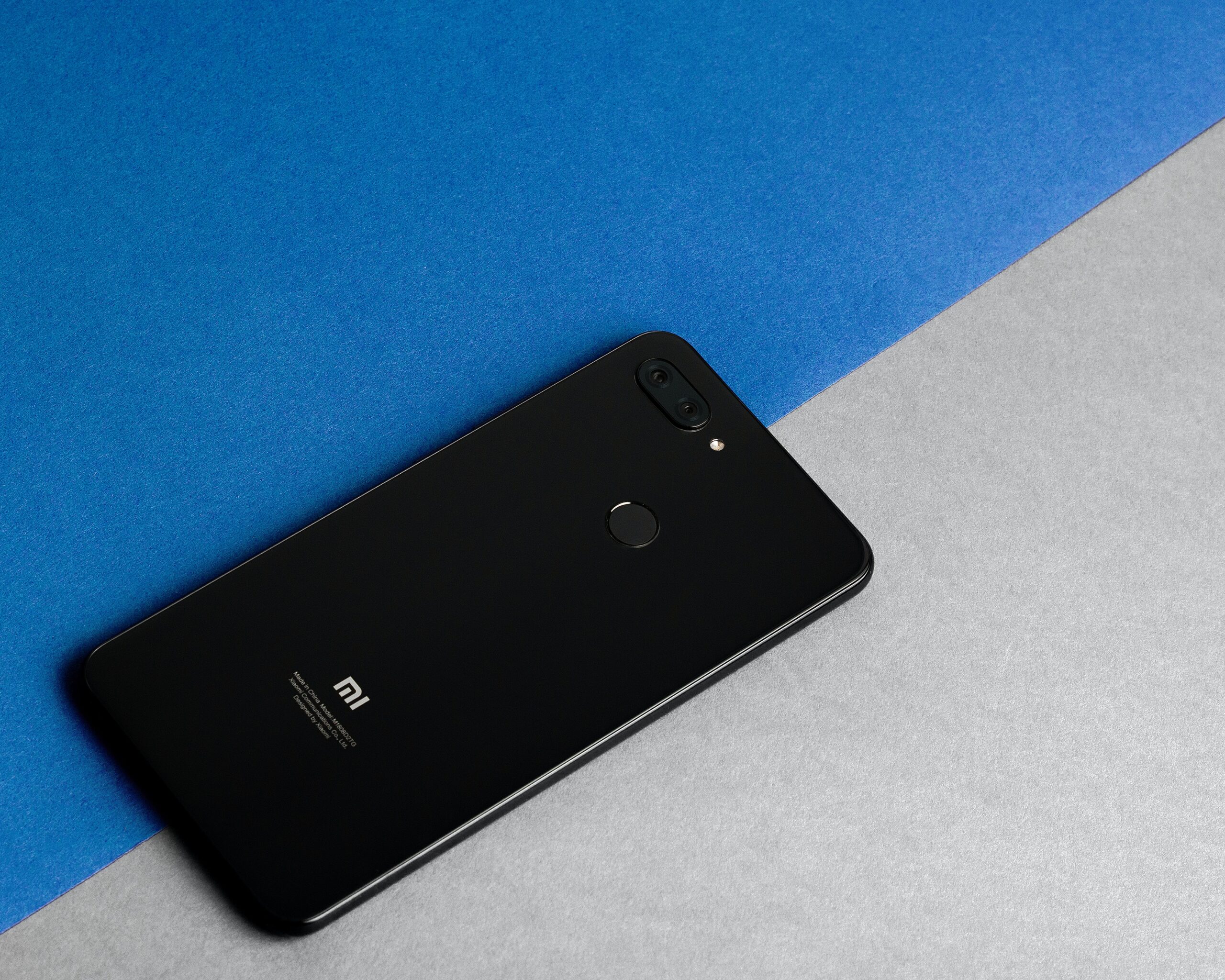European countries have taken drastic measures, understand the reasons.
In the connected world, what can be seen most in people's hands are cell phones. No matter where you are on the planet, these devices are everywhere. And not only them, tablets, smartwatches and notebooks are too. But is it really essential to take these devices everywhere?
In Europe, it seems not. According to a government announcement made by the Netherlands last Tuesday, the 4th, cell phones will be banned in certain situations. To find out when these situations are, keep reading.

Unwanted distractions
Cell phones will be banned in classrooms in the Netherlands. The measure was taken to prevent students from becoming distracted by their devices. This new law is expected to come into effect in 2024, but so far, it has no legal effect on those who break it. This means that, even though the rule is not to use your phone during school hours, for now breaking it will not result in any punishment. However, this may not remain the case.
This idea of banning smartphones is not new in Europe. Before the Netherlands announced this change, Finland had already announced a very similar project a few days ago.
Both rules address cell phones, but there are some differences. Most of them refer to students with medical issues or disabilities who, in some way, have a real need for these devices, even during class time.
Some European experts have explained that, although cell phones are essential for almost every activity we do, and are almost intertwined with our lives, using them in the classroom is something that does not fit. The reason is that children and adolescents need a lot of concentration, and phones get in the way. This is stated in several scientific studies.
Additionally, there are numerous studies that suggest that limiting screen time for young children can help them develop cognition and concentration. In other words, using screens while learning can be very disruptive.
Public repercussion
It is not yet known how parents and teachers will react to this, but a high-ranking Dutch official has stated that all rules will be made in agreement with all involved.
It is worth remembering that in 2018 another European country instituted a rule like this, but enforcement was more difficult than it seemed. For those who didn't know, France passed a law banning cell phones for students under 15 years old. This was only on school premises. However, there was a lot of resistance from students, who did not want to hand over their smartphones.
Regarding the Dutch decision, it will be revisited at the end of the 2024-2025 school year, in order to assess the success or failure of the measure. In addition to understanding whether there is any need to impose punitive legal effects.
As mentioned, in addition to the Dutch law, Finland is also considering the idea, since it announced it last week. Another government is also considering restricting cell phones, the Irish one. However, in this case, the supporters of the measure, formed by a conservative coalition, want to change the legislation, but still need the approval of parliament.



